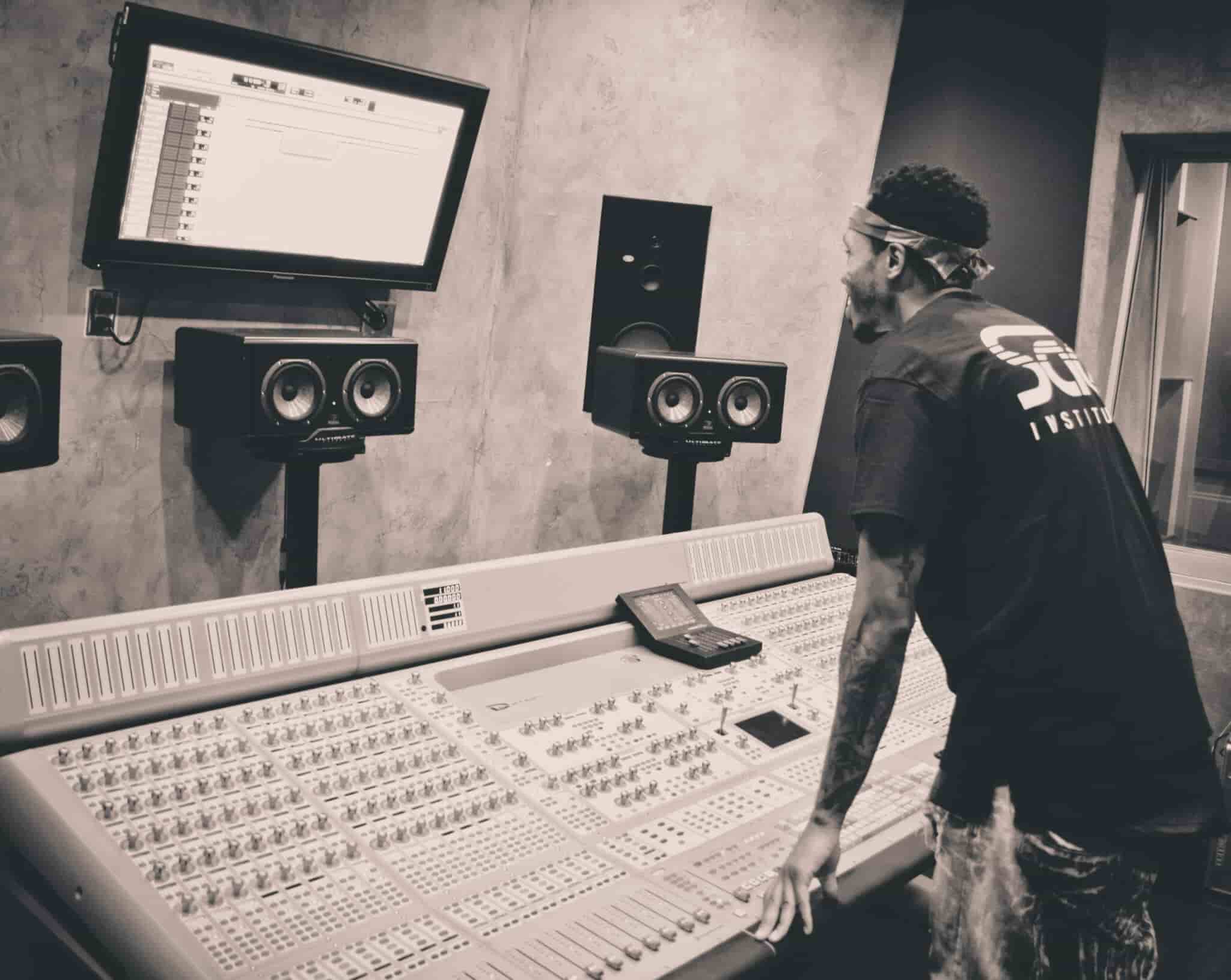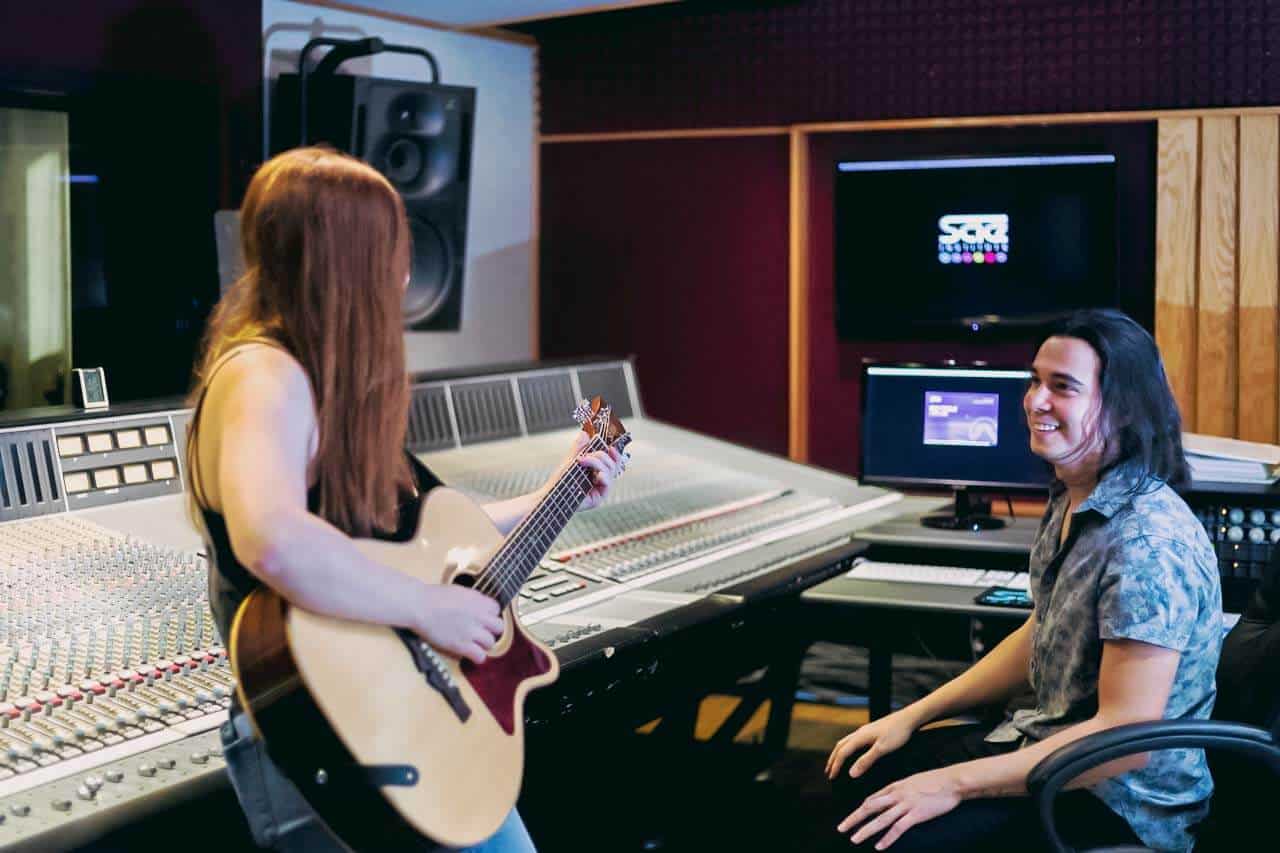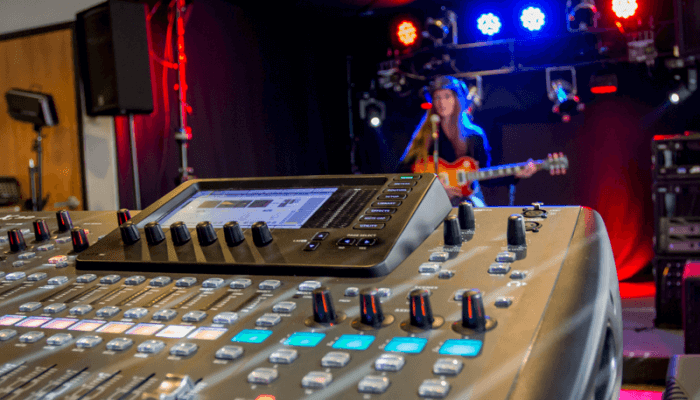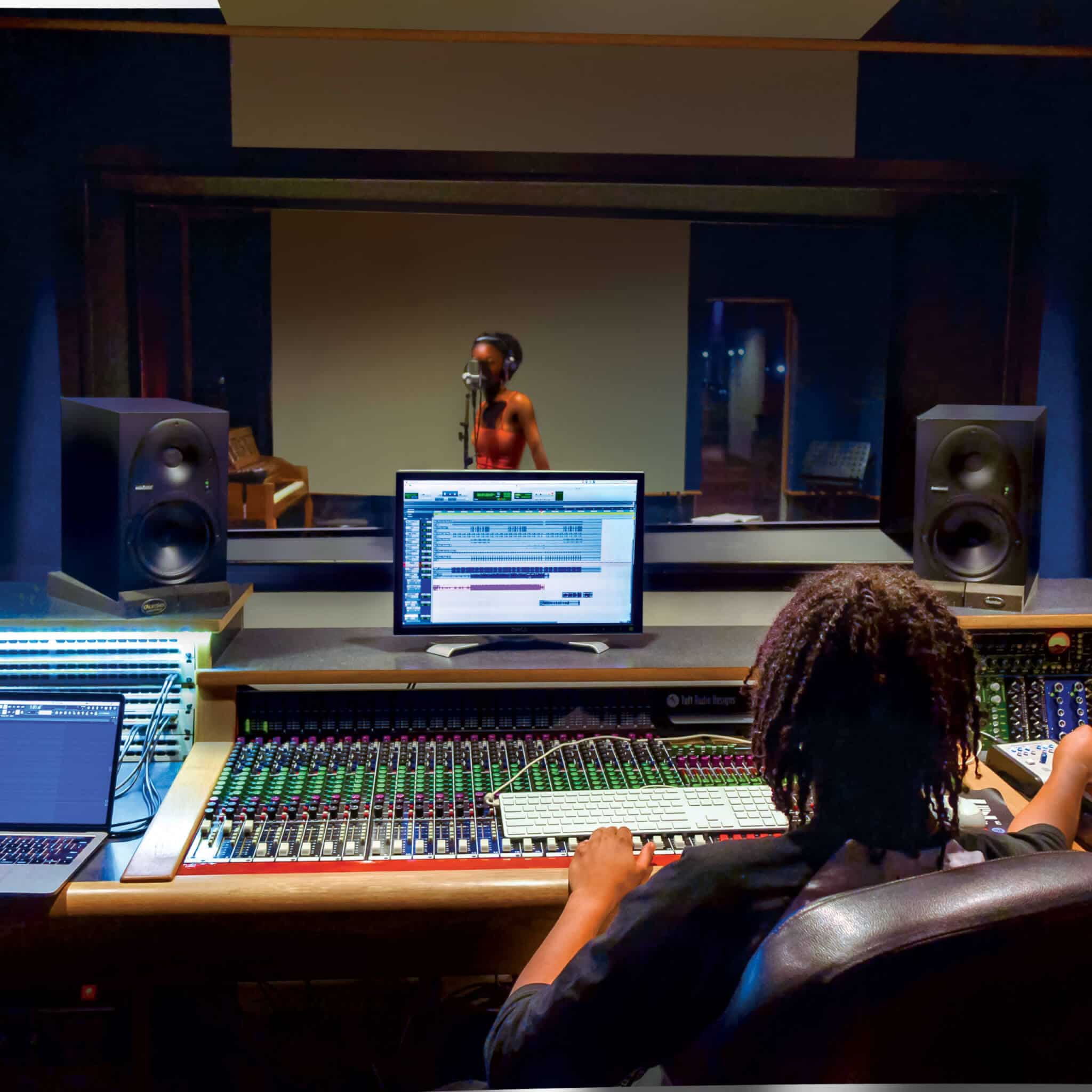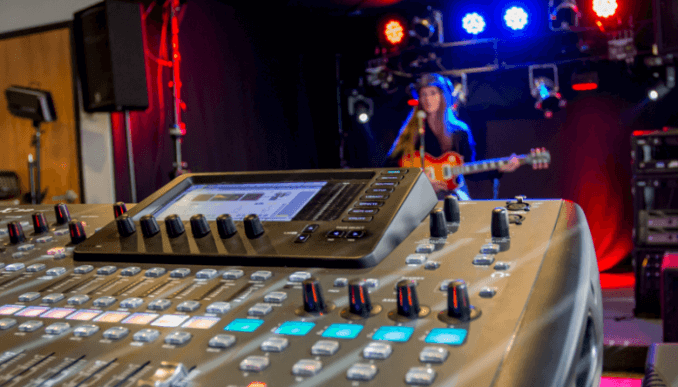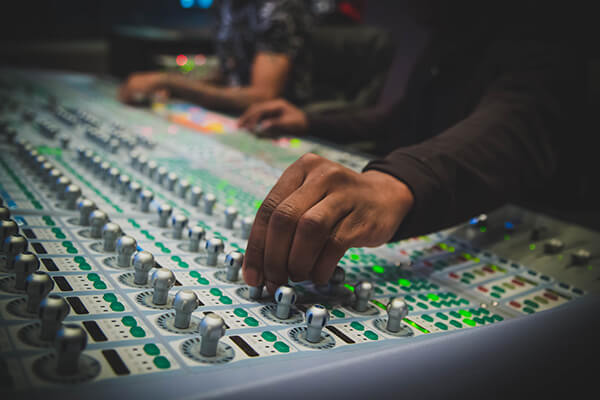
Getting an audio degree doesn’t mean that the only option in your career is to become an audio engineer. Here is your guide to finding out what careers you can qualify for with an audio degree. Find out more about some of the most popular audio jobs, what they entail, and the earnings potential for this field.
Audio Engineer
Also known as a sound engineer, this is the most typical job for people who have graduated from studying audio engineering and are looking to start their new career. Audio engineers help operate and maintain the technical hardware needed to record, synchronize, mix, and edit sound.
Sound is more than just music, so sound engineers can work in a variety of specialties and genres. They can also help to record voices or even sound effects. This makes them valuable members of audio departments in theater, video, film, television, podcasts, sporting events, news, and other productions.
Audio Broadcast Engineer
Also known as broadcast technicians, they maintain the electrical equipment for live broadcasts, podcasts, concerts, radio programs, and television broadcasts.
They work to not only ensure the quality recording of sound, but they manage and maintain the broadcast equipment to make sure the audience receives high-quality audio.
Mastering Engineer
In the final step of audio production, all content has to pass through a mastering engineer. In the past, mastering engineers created a master that would be the foundation for vinyl records. Most master engineers will make wax masters for production, but they are also expected to polish and refine tracks. They do things like remove white noise and tonal imbalances while also fixing any mistakes in the initial recording.
Live Audio Engineer
A sound engineer spends most of their time in a recording studio, maintaining the sound booth equipment. This can get a bit boring and isn’t for everyone, but a live audio engineer is able to leave the production room and enter into the world of live venues. They help live performances sound their best.
Live audio isn’t limited to musical production. It can also include working in the theater or working alongside a public speaker to ensure their audio is perfect for the venue they’re in.
Game and Audio Design Engineer
Some of the most memorable video games have a unique soundtrack. With everything from the iconic 8-bit sounds of PAC-MAN and Mario to the full range of modern triple-A games like Skyrim, the sounds of a video game are just as important as the graphics and gameplay. The wrong sound at the wrong time can break the game immersion and ruin the overall experience.
It’s the job of a game and audio design engineer to make sure every Up, Down, Left, Right, Start, or Select sounds exactly how it should. They create, design, and record those iconic sound effects and music for games.
Audio Production Assistant
Production assistants (PA) make everyone else’s experience with recording and mastering audio as good as possible. They communicate instructions or directions from the audio director to the performers and ensure that everything is ready to go. They make sure everything is prepped before the studio opens and often stay late to clean up and prepare for the next day. Music Producer
Audio degrees don’t mean you’re just stuck dealing with the technical side of audio recording. Music producers step away from the technological hardware of audio recording and focus instead on the creative and managerial tasks in audio.
Post-Production Expert
Have you ever heard someone say they’ll “fix it in post?” Post-production experts are responsible for that job. After the recording is finished, it is their job to manage the multiple takes, and start to piece together each track.
In film or TV, audio post-production takes a slightly different role. They take the audio that was recorded on set, and start to perfect it, or improve on it to make sure the audio matches what is happening on screen. This includes recording foley, audio FX, ADR, and synching voiceover.
Sound Designer
With an audio degree, you can work as a sound designer in theater, TV, or film. This is a creative role where you are able to design and direct the overall audio experience. Designers can help create and enhance the tone, atmosphere, and mood through the directed use of audio like sound effects or abstract sounds.
How Much Can I Make in an Audio Career?
Your pay can depend on your years of experience as well as where you live. If you live where sound engineers are in high demand and you have a great deal of experience, it is generally accepted that you can expect to earn more, than if you are living in an area with little demand for audio specialists and with no experience.
Explore SAE Institute’s Audio Program
SAE Institute’s audio programs provide you with a range of options to help you start your new career in audio technology. With everything from a Bachelor of Applied Science degree to a shorter audio diploma, we make sure you have the opportunity to gain the skills and knowledge you need. Check out our audio program to discover more.

